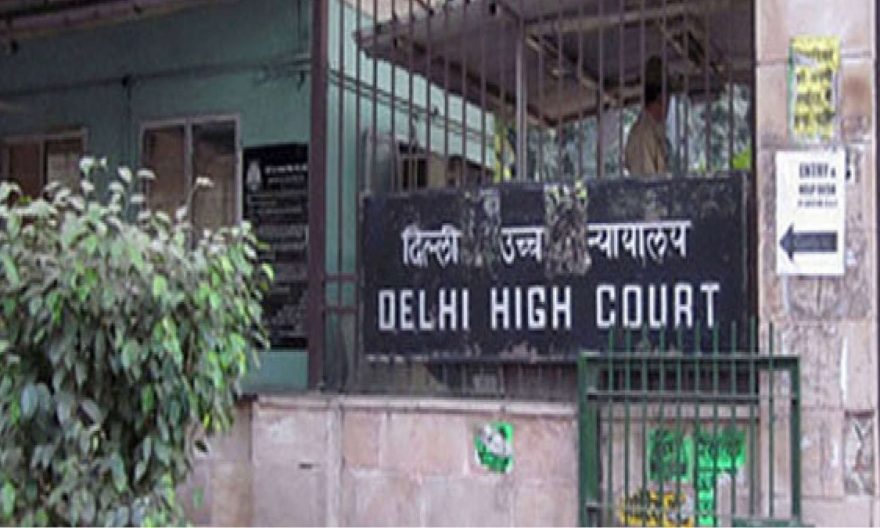
The Delhi High Court in the case Managing Committee Of Delhi Waqf Board v. Union Of India & Ors. Observed and will hear the plea on September 12, the plea filled by Managing Committee of Delhi Waqf Board against alleged stopping of prayers in a mosque adjacent to Qutub Minar Eastern Gate in city’s Mehrauli area.
In question, the Mosque, referred to as the ‘Mughal Mosque’ by the Waqf Board, is situated within the Qutub Complex. Therefore, the ‘Mughal Mosque’ is situated outside the Qutub enclosure and is not the famous ‘Masjid Quwwatul Islam’.
The development came after the counsel appearing for Centre, Kirtiman Singh, on instructions, informed Justice Manoj Kumar Ohri that the mosque in question is a protected monument and that of a matter concerning the same mosque a Saket Court is seized.
Further, some more time was sought by Singh to seek further instructions in the matter.
Wajeeh Shafiq, the panel counsel for Delhi Waqf Board, appraised the Court that the issue of mosque which the Saket Court is seized of is not the one as mentioned in the petition filed before the Court, which concerns the mosque.
The Court was informed by the Counsel, Advocate M Sufian Siddiqui, also appearing for the petitioner that the impugned decision of stopping of namaaz inside the mosque was ex-facie unlawful and unwarranted interference by the respondent officials.
The Counsel also submitted that the mosque in question did not find any mention in the notification which notifies list of protected monuments.
The Court listed the matter for hearing on September 12, while granting time to the respondents for taking further instructions.
The petition challenges the action vide which the authorities, without any authority in law, limited the number of worshippers to five on May 6 and then on May 13, completely stopped the performance of Namaz at the mosque in question, that too without any order or any notice.
According to the plea, the court observed that even if the Mosque in question is protected monument, then as per section 16 of the Ancient Monuments and Archeological Sites and Remains Act, 1958 reading with the relevant Rules, it is the Respondents bounden duty to maintain the religious nature, the sanctity attached to the mosque and to protect the right of worshippers to assemble and offer prayers.
The petition states that the denial of opportunity to Muslims to offer Namaz in the instant mosque is a manifestation of muscular approach which is antithetical to liberal values enshrined in the Constitution and liberalism reflected in life of common people in every aspect.
Adding to it, Ex-consequenti, the authorities cannot maintain inexplicable and unconscionable silence for the simple reason that a citizen has a right to seek redressal of his grievance in a timely manner, and by such inaction, the rights of him as contemplated under Article 21 of the Constitution of India get curtailed, crippled and smothered.




